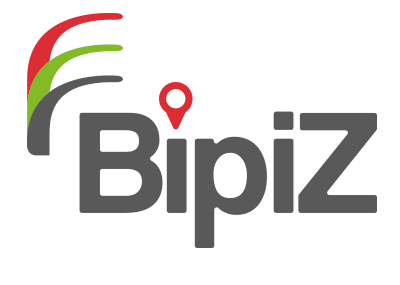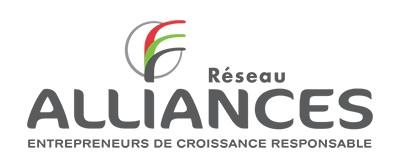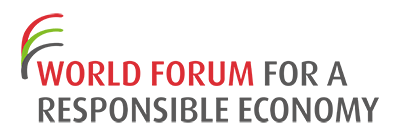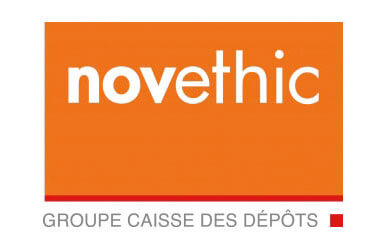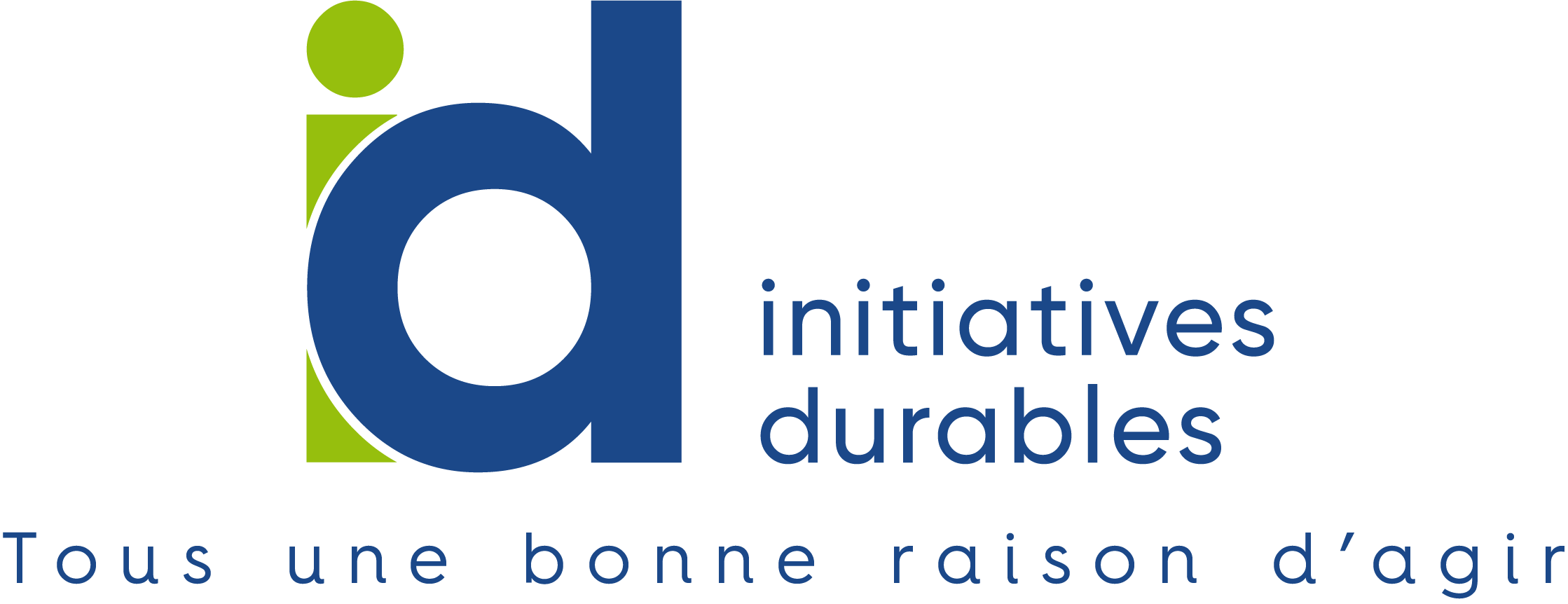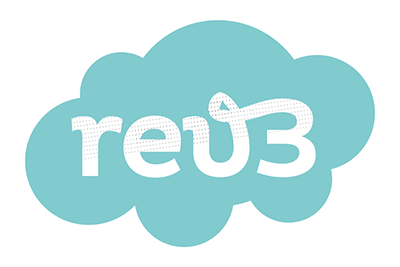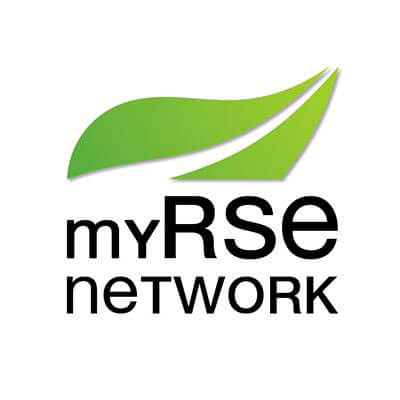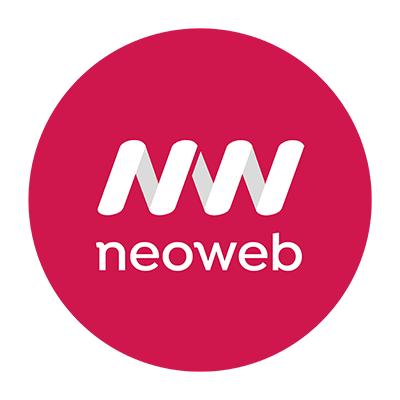Keolis Lille, a KEOLIS Group subsidiary, operates the Lille Metropolitan public transit network (northern France). Within a geographic area dominated by urban landscapes, the supply of transportation services must feature environmental protection measures in order to improve the quality of life for today's and tomorrow's city dwellers. Keolis Lille is deeply committed to environmental preservation through the implementation of practical actions and compliance with a simple set of guidelines on the part of all staff members. Conserving natural resources has become possible thanks to the installation of systems capable of reducing water consumption.
KEOLIS LILLE implements 2 systems designed to reduce its water consumption
4. Environment
Biodiversity and sustainable resource management

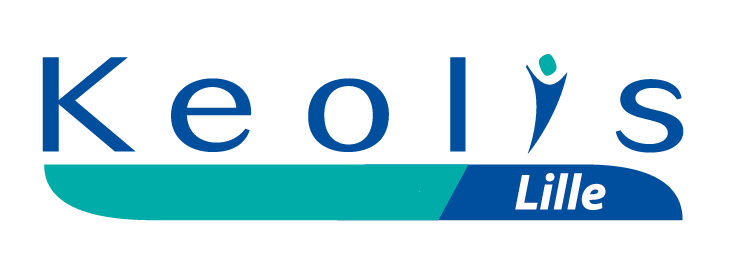
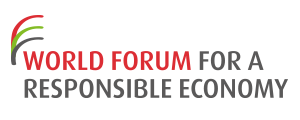
Context
Objectives
- Conservation of natural water resources while generating savings
- Access to a quality water supply for bus washing without requiring any chemical treatment
- An intelligent and reactive approach to water consumption monitoring
- Reduction of water consumption in the least efficient activities
APPROACH
In order to conserve natural water resources, Keolis Lille has introduced 2 types of systems:
- Remote meters:
These meters were installed in 2007 at all Keolis Lille facilities, offering the capacity to monitor water consumption in real time. A Web-accessible software allows consulting key information and generating statistics. The advantage of this system lies in being able to quickly request maintenance intervention by the on-call unit for the given building in the event of water use outside of opening hours or abnormally high consumption. Automatic alerts relayed by e-mail have been configured in order to inform unit personnel as quickly as possible. Since 2007, this tool has served to reduce water consumption by 40% for an equivalent level of activity.
- Rainwater recovery and water recycling systems at rolling stock washing stations
Following a typological analysis of Keolis Lille's water uses, rolling stock cleaning (metro trains, tramways and buses) stood out as an activity responsible for high water consumption, representing nearly 36% of the company's total consumption.
To generate water savings, the 7 washing tunnels in place were equipped with a system for recovering rainwater and/or recycling water depending on the preexisting set-up. Tanks were designed on the basis of estimated washing needs. As of now, only 30 liters of water from the distribution system are necessary to wash a bus, vs. 400 liters in the past. Municipal water supply in no longer tapped for the tramway network, as the recovered rainwater and recycled water prove sufficient. Moreover, for metro service needs, water use is limited to 200 liters for cleaning a train as opposed to a previous consumption of 800 liters.
Best Practice selected in 2010 by World Forum Lille and updated in 2014.
CONTRIBUTION TO COMPANY PERFORMANCE
- Cost savings associated with the lower water consumption
- Sales revenue trends:
2010: €243 million2011: €271 million2012: €298 million2013: €310 million
Benefits
- Since 2007: decrease of practically 40% in quantity of water consumed thanks to the remote metering system
- 370 liters of municipal water saved for each bus cleaned and 600 liters saved for each metro train
- Workforce
- 2850 (2014)
- Turnover
- 310 M€ (2013)
- Country
- France
Contact
Thierry DUC, Directeur Qualité et Développement Durable
